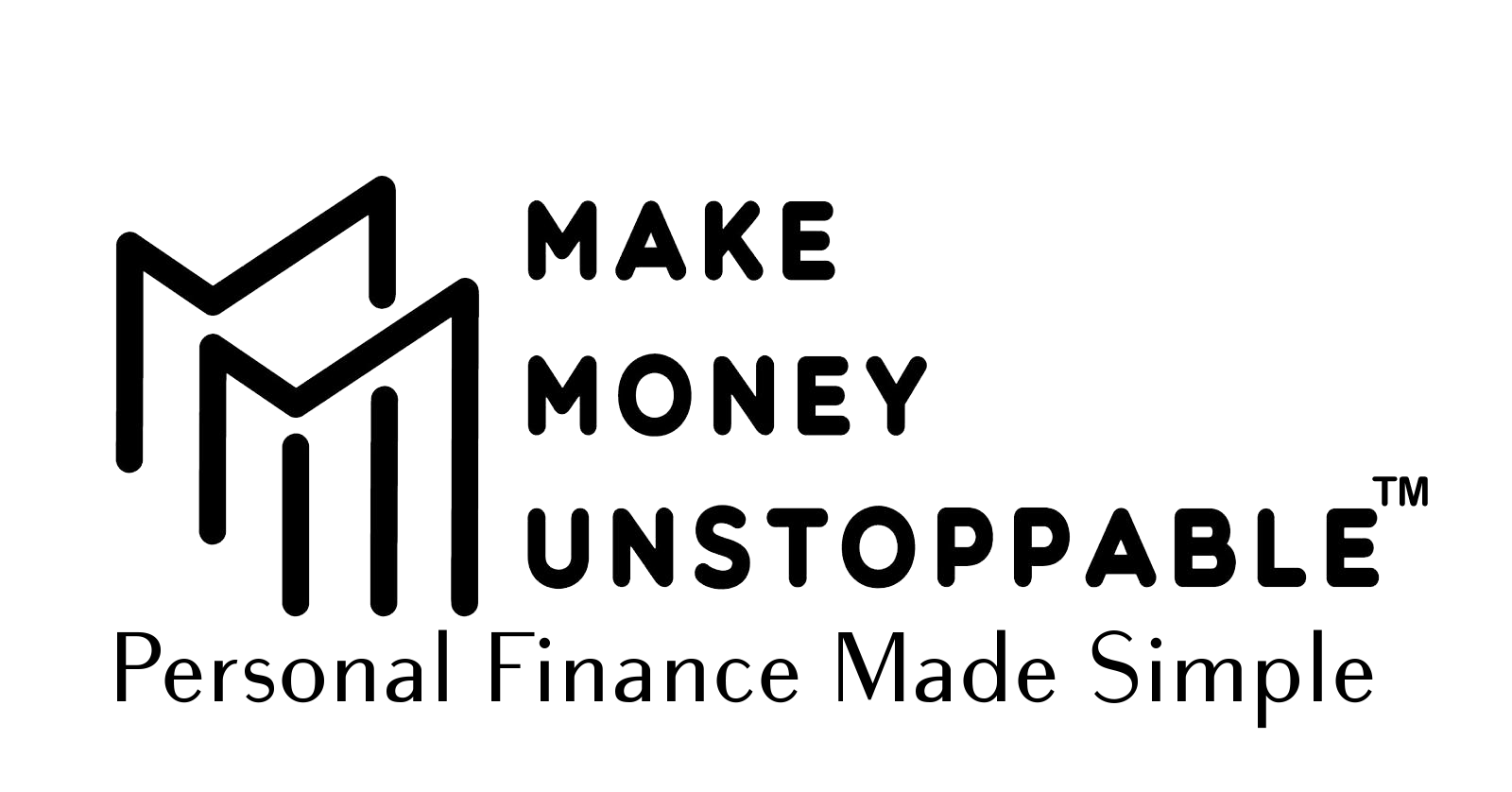
The Cost of Lost Opportunities: How Missed Chances Shape Your Financial Future and Everyday Life
Introduction: The Invisible Price of Inaction
In personal finance and everyday life, the cost of lost opportunities is often silent but significant. Every time you delay saving, avoid investing, skip a learning moment, or ignore a chance to improve your lifestyle, you’re paying a price. Not always in dollars, but in time, growth, and potential.
Last Updated: September 5, 2025

Disclaimer: I am not a licensed financial advisor, financial planner, tax professional, or attorney. The information provided in this blog is for general informational and educational purposes only and should not be construed as professional advice. Always consult with a qualified expert before making financial, legal, or tax-related decisions.
Opportunity cost is the value of what you give up when you choose one option over another. It’s not just a concept for economists, but it’s a daily reality for anyone trying to build wealth, make smart decisions, and live intentionally.
This blog examines how missed opportunities can affect your financial well-being, personal growth, and long-term success. This guide is designed to help you recognize, measure, and minimize the cost of inaction.
1: Defining Opportunity Cost in Personal Finance and Life
Opportunity cost is the potential benefit you miss when choosing one path over another. In personal finance, it might be the interest you lose by not investing. In life, it could be the growth you forgo by not pursuing a new skill or experience.
Here are a few examples:
- Spending instead of saving
- Delaying retirement planning
- Ignoring passive income streams
- Postponing health goals
- Avoiding personal development

2: Financial Consequences of Missed Opportunities
The financial cost of lost opportunities compounds over time. Every dollar not invested is a dollar that doesn’t grow. Every month without a budget is a month of uncontrolled spending.
Key areas where missed opportunities hurt your finances:
- Investing too late: Delaying investments reduces compound growth
- Not building an emergency fund: One unexpected expense can lead to debt
- Avoiding interest and dividends: You miss out on better interest rates and growth
- Ignoring tax-advantaged accounts: You may lose out on potential tax savings
- Retirement and the freedom you were seeking can be delayed
Unlock your financial freedom.
Download this FREE eBook!.
How to make $100,000/month? Stop being average and think big.
Yes, this eBook is Free. Just drop your email to get instant access. It will be sent to your email.
How To Make $100 A Day – 23 Real Ways To Make Extra Money
16 Best Ways To Get Paid To Read Books in 2025
How To Become Rich – Strategies To Become Wealthy
18 Passive Income Ideas To Earn $1,000+ Each Month
Best Rewards Credit Cards For 2025 | What You Need To Know
Subscribe for exclusive insights
PLUS: Get Access to exclusive financial tips, learn everything about money and get early blog updates – delivered directly to your inbox .

3: Budgeting and Spending Habits That Drain Potential
Budgeting is more than tracking expenses; it’s about aligning spending with goals. Without a budget, you risk:
- Overspending on low-value items
- Missing debt repayment opportunities
- Failing to save for future goals
- Losing control over financial priorities
- Living for today
- Going deeper into debt
- Have financial stress and health issues
Intentional spending can help you maximize every dollar.
4: Saving vs. Investing: Understanding the Trade-Off
Saving is essential for short-term security, but investing is key to long-term wealth. The opportunity cost of not investing may include:
- Lower returns compared to inflation
- Missed compounding growth
- Delayed financial independence
- Not having any eggs in your nest
- Having no plan B in later years in life
- Stress during your golden years when money is running out
Even conservative investments can outperform traditional savings over time.

5: Career Choices and Missed Professional Growth
Your career is shaped by the decisions you make and the ones you avoid. Missed professional opportunities may include:
- Declining promotions
- Avoiding skill upgrades
- Ignoring networking chances
- Staying in unfulfilling roles
- Hating your job
- Failing to start that business you wanted to start
- Not listening to your intuition but listening to others
- Having your family or society dictate how to live your life
Each missed step can delay income growth, reduce job satisfaction, and limit future options.
6: Education and Skill Building: The Cost of Delay
Learning is a lifelong investment. Delaying education or skill development can cost you in terms of:
- Higher earning potential
- Career flexibility
- Entrepreneurial readiness
- Doing what you love to do
- Not updating to the current mode will push you back
- Ignorance can lead to lost opportunities
- Delays financial freedom
In a competitive job market, staying current is essential.

7: Everyday Life Decisions That Have Hidden Costs
Beyond finances and career, the everyday choices you make can significantly shape your quality of life. Missed opportunities in daily living may include:
- Not prioritizing health and fitness
- Avoiding meaningful relationships
- Postponing travel or hobbies
- Ignoring mental wellness
- Failing to invest in experiences
- Spending money on stuff, eating out, subscriptions
- Not having a meaning or purpose
These decisions can affect your happiness, longevity, and emotional resilience.

8: Time Management and Productivity Losses
Time is your most limited resource. Poor time management may lead to:
- Missed deadlines
- Reduced efficiency
- Lower income potential
- Increased stress
- Loss of trust
- Reliability and reputation get lost
- Failing to delegate
- Procrastination can delay results
- Income lost due to lost customers
Using productivity tools and setting clear goals can help you reclaim lost time by trying to catch up. The measure of Time is a one-way street.
9: Emotional and Psychological Costs of Missed Opportunities

Regret is a powerful emotion. When you realize you’ve missed a chance, whether it is financial, relational, or experiential, it can lead to:
- Anxiety
- Self-doubt
- Decision fatigue
- Fear of future risk-taking
- Giving up
Building emotional resilience can help you move forward and seize future opportunities by learning from past experiences.
10: Recognizing and Seizing Opportunities
Avoiding lost opportunities starts with awareness. Train yourself to spot potential gains in everyday decisions. Strategies may include:
- Conducting regular self-assessments
- Setting short- and long-term goals
- Tracking financial metrics
- Staying informed about trends
- Practicing proactive decision-making

11: Habits and Tools to Minimize Opportunity Cost
To reduce the cost of missed opportunities, build habits that can help support intentional living:
- Use budgeting apps to monitor spending
- Automate savings and investments
- Schedule time for learning and reflection
- Create a vision board for life goals
- Practice gratitude and mindfulness
These tools can help you stay focused, aligned, and ready to act when opportunities come your way.
12: Opportunity Cost Across Life Stages
Opportunity cost evolves with age. In your 20s, it’s about building foundations. In your 30s and 40s, it’s about scaling. In later years, it’s about preserving and enjoying. There is a time and a place for everything.

Key considerations by life stage:
- Early adulthood: Delaying savings and education can push things backward
- Midlife: Avoiding career pivots or investment diversification can get monotonous
- Later years: Ignoring estate planning or health investments and failing to follow up on what your next chapter would be, you may start living with no meaning or purpose.
Each stage offers unique chances, and it too comes with risks. It requires careful planning.
Conclusion: Turning Missed Chances into Future Wins
Lost opportunities are a natural part of life, but recognizing their impact is the first step toward financial empowerment and personal transformation. They also do not have to define your future. By understanding the opportunity cost of inaction, whether it’s delaying retirement planning, ignoring passive income strategies, or postponing skill development, you can begin to make intentional choices that support long-term financial stability and personal fulfillment.
Every missed chance to save, invest, or grow compounds over time, affecting your net worth, career trajectory, and overall lifestyle quality. Embracing proactive financial planning, goal setting, and time management helps you minimize regret and maximize your potential.
Whether you’re optimizing your budget, building a diversified investment portfolio, pursuing career advancement, or strengthening personal relationships, each decision carries weight.
The key to future-proofing your life is to act with clarity, align your choices with your values, and stay informed about financial trends and personal growth strategies. Smart decision-making, consistent habit formation, and a growth mindset are essential tools for turning missed opportunities into stepping stones toward wealth creation, emotional resilience, and a more intentional life.
Never underestimate the power of a single choice to reshape your financial future and unlock new possibilities.
Join the conversation! Drop your thoughts in the comments below, and let’s keep the discussion going.
From Experience to insight : Transformational reads for the Strategic mind
Foundational readings for big shifts:
- Top Ways Preventive Medicine Can Save You Money on Medical Bills
- Financial Chaos: What Happens When You Lose Control of Your Money and How to Regain It
- The Truth About Running a Business: Pros, Cons, and Survival Strategies
- The Real Cost of Owning a Big Home
- The Psychology of Spending: Why We Overspend and How to Stop It
- Mastering the Envelope Method
Author: Vaidya Selvan
Welcome to Make Money Unstoppable Personal Finance Made Simple, a blog born out of necessity, a space created from real-life experiences, hard-earned lessons, and a deep-seated desire to share what I wish someone had taught me or had known sooner.
Newsletter Invite
Want more real-world information on Money? Join my newsletter for practical tips, updates on my books, and strategies to help you build financial freedom on your terms.
#FinancialFreedom #Newsletter #MoneyTips



